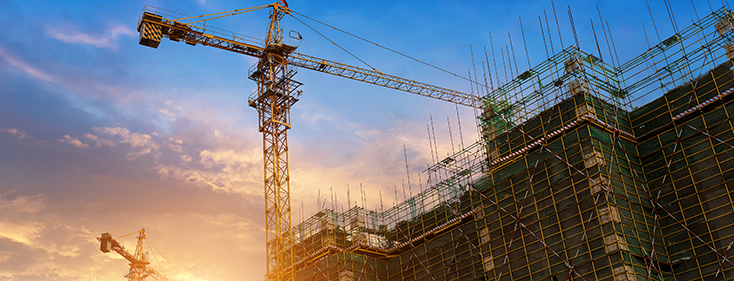Overview: Building collapse is a common phenomenon associated with multiple disasters, including those caused by so-called “natural hazards” such as earthquakes and tsunamis and landslides, as well as “technological hazards” such as sub-standard construction and maintenance practices, and conflict.
Natural Hazards are beyond our control, but technological hazards can surely be restricted by following best industry practices and by conducting structural audits at regular intervals during the construction phase and after every 5-year post hand-over.

*Source: Disaster
Worldwide, over the past 5o years there have been 181 building collapse disasters reported in 51 nations. 32 of these events occurred in India. Four more nations comprise a second tier of incidence, including China (13), Egypt (13), Brazil (12), Nigeria (12).
The model byelaw no. 77 specifies that structural audits are mandatory (necessary and binding).
A structural audit must be conducted every five years for buildings that are 15 to 30 years old, and every three years for buildings older than 30 years old.
In the same way that a doctor examines a patient, a structural audit is a check-up on the health and performance of a building.
- A building’s structural and design safety is assessed.
- In order to assess a building’s structural performance, identify flaws, and determine repair and retrofitting solutions, an analysis of the construction’s design is conducted alongside physical inspections and surveys.
- It ensures that the building and its premises are safe and have no risk.
- Analyzes and suggests appropriate repairs and retrofitting measures to improve the performance of buildings over their service life.
General Inspection Processes
- Visual Inspection
- Non-Destructive (NDT) and Destructive Testing (DT)
- Concrete strength tests
- Chemical attacks
- Corrosion Potential Assessment
- Homogeneity and integrity Assessment
- Core Testing
- Overload testing
The structural audit report must highlight and investigate all the critical areas which demand immediate attention.
CQRA offers a unique value proposition for upcoming and new projects of real estate developers in the field of structural safety audit & certification.
CQRA conducts rigorous Structural design safety checks of projects through detailed review right from the concept design stage to completion of core and shell work and issues a certificate on structural safety in design and execution for new projects.
Get in touch with us for more information!

